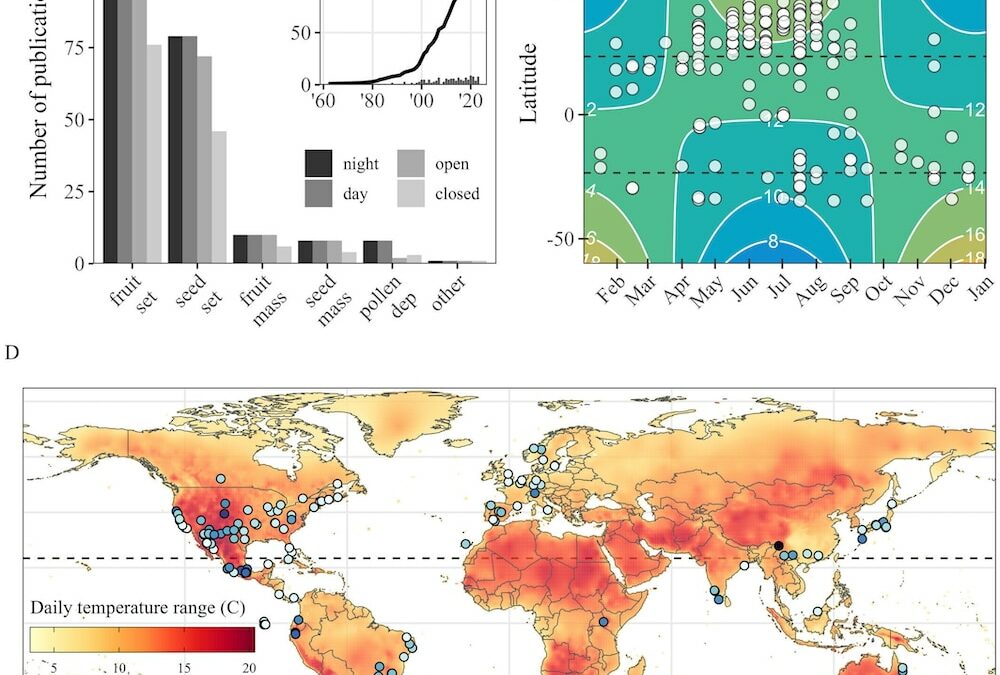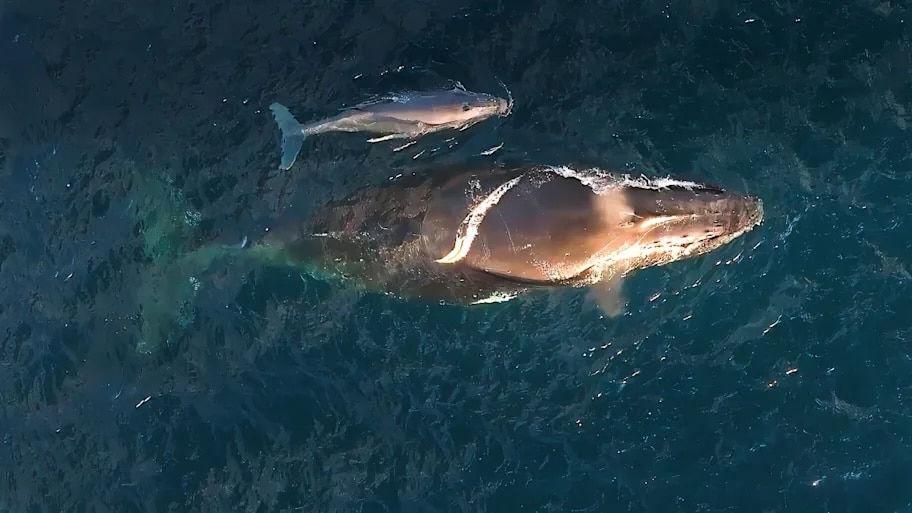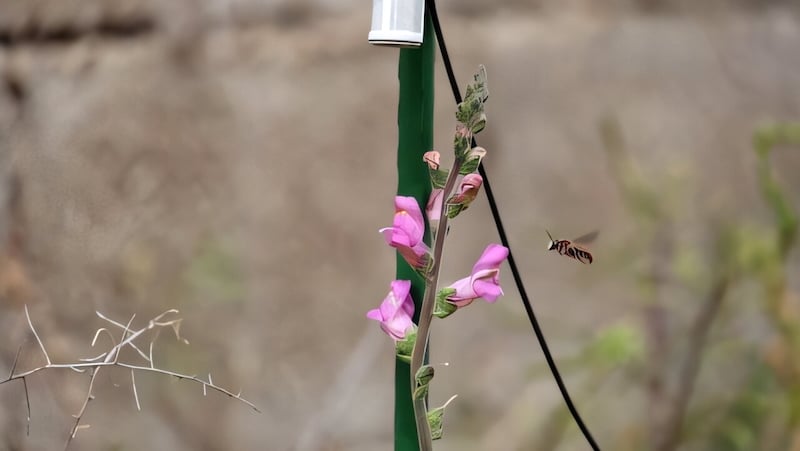
by Komoneed | May 25, 2025
Pollinators are essential for the reproduction of most plant species, including many major food crops, as well as for the maintenance of healthy ecosystems. A new research review by scientists at Lund University in Sweden has found that — in 90 percent of cases studied — nocturnal pollinators like moths are just as important as […]
The post Pollination ‘Magic’ Happens at Night Too, First-of-Its-Kind Study Finds appeared first on EcoWatch.

by Komoneed | May 25, 2025
Scientists once believed that humpback whales only gave birth in the warmth and safety of specific breeding grounds in tropical waters, where they spent half the year. However, new research has revealed that humpbacks around Tasmania and New Zealand can birth calves much further south than expected, and can do so during their epic migrations. […]
The post Humpback Whales Give Birth During Epic Migrations and Continue Traveling: Study appeared first on EcoWatch.

by Komoneed | May 25, 2025
When plants hear the buzzing of bees collecting nectar, they increase their output of the sugary substance as the bees get closer, a new study by Francesca Barbero, a zoology professor at University of Turin, and a team of researchers from Spain and Australia has found. The research suggests that plants play more of an […]
The post Plants Produce More Nectar in Response to the Sound of Buzzing Bees: Study appeared first on EcoWatch.

by Komoneed | May 25, 2025
The Abarth 600e and Volvo EX30 are both trying to stand out in a crowded compact family SUV market. Which one can shout to the top?
by Komoneed | May 25, 2025
IN A NUTSHELL 🔋 Revolutionary water-based flow battery offers safer, more affordable, and efficient energy storage for households. ⚡ Developed by researchers at Monash University, the battery features a new membrane that enhances speed and scalability. 🔍 The design improves ion selectivity, allowing fast and stable operation, outperforming industry-standard membranes. 🌿 Non-toxic and non-flammable, the […]
The post Groundbreaking Water Flow Battery Delivers 600 Full-Power Cycles Without Losing Capacity, Redefining Energy Storage Potential appeared first on Sustainability Times.




